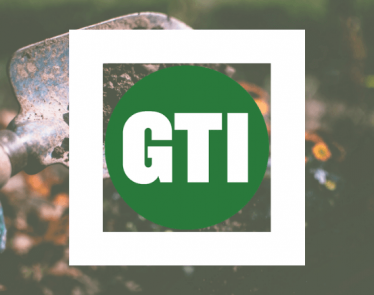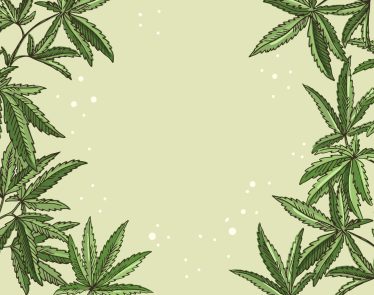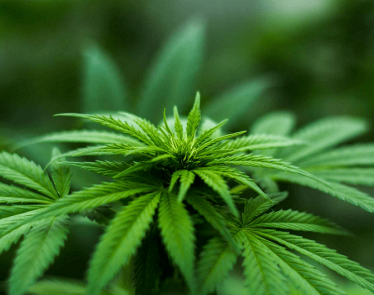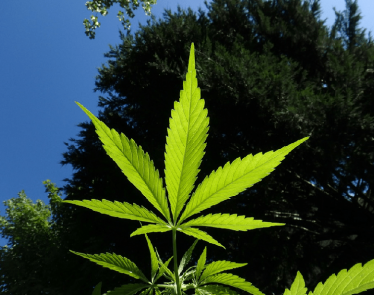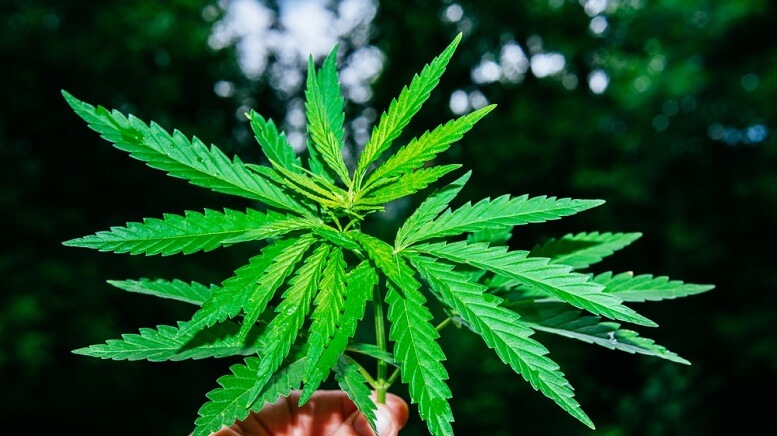
Thailand legalized the cultivation and use of cannabis this month, reversing a sweeping approach to long prison sentences or even the death penalty for drug offenses. Now, the country faces widespread criticism for legalizing cannabis before putting in place strong safeguards against its abuse, and doubts authorities can do much to stem a likely rise in its recreational use.
Thailand’s Cannabis Legalization Raises Health Concerns and Confusion
On June 9, Thailand became the first Asian country to legalize marijuana. Indeed, Thailand removed the drug from its list of narcotics, legalizing its import, export, production, distribution, possession, and consumption. People are now allowed to grow up to 10 plants at home, after registering with the government via a mobile app, although commercial growers still need to apply for permits.
However, any product that includes cannabis oil extracts containing more than 0.2% tetrahydrocannabinol (THC), the psychoactive ingredient in cannabis, is still considered illegal and regulated by national control and suppression laws.
Public Health Minister Anutin Charnvirakul, who supported the plan, tried to dissuade people from smoking weed for fun, pointing to the plant's medical benefits and its potential as a cash crop. Anutin is chairing a national cannabis policy panel that seeks to ensure its use is in line with the government's plan for medical purposes.
"Problems occur due to the abuse of cannabis. This is not the aim of liberalizing the use of the plant. We want to promote medical use and boost the income of growers,” Anutin told reporters last week.
But other members of the government and his own ministry say the move could be premature.
Somsak Akksilp, who heads Thailand's medical services department under Anutin, said he fears that legalizing cannabis without laws restricting it to medical use, and even then to adults only, could also boost recreational use, which he opposes.
A cannabis bill is pending in parliament, but it could be months before it becomes law.
On June 14, Mana Nimitmongkol, the head of the Thai government's Anti-Corruption Organization, complained in a Facebook post about the decision to legalize cannabis without any controls "other than word of mouth".
Deputy Permanent Secretary Wantanee Wattana said at least one person had died and several had been hospitalized this week after consuming or smoking marijuana.
A warning has been issued by Thai doctors over fears that cannabis use could lead to coronary heart disease and other heart problems.
The president of the Medical Examiners Association of Thailand, Dr Smith Srisont, said the warnings were based on information from overseas toxicology research that was published in 2019.
According to a Bangkok Post report, he said the publication included the cases of 13 people who died from cannabis use. Most were between 17 and 52 years old and had no underlying illnesses or other toxic substances found in their bodies.
Dr Srisont, who is also head of the operational forensic laboratory at Ramathibodi Hospital Faculty of Medicine, said blood tests showed they had not consumed abnormally high amounts of the drug.
In addition to these deaths, 35 other people between the ages of 15 and 53 fell ill after using cannabis. It had also caused them ischemic heart disease and cardiac arrhythmia
Citing other research, he said nearly 4,000 patients were found to be 4.8 times more likely to develop ischemic heart disease after smoking cannabis for about an hour a day.
With such risks associated with the use of cannabis, he stressed that Thailand must have strict laws to control the use of the plant like in other countries.
At the same time, he also wanted to raise awareness about the potential risks of cannabis use.
Dr Srisont said the government should also take legal action against restaurants or restaurants for using cannabis as an ingredient in their menus without warning their customers of the risks.
Thailand to Restrict Pot Use to Adults After Complaints
Much of the concern has centered on fears of a coming wave of cannabis use among children and teenagers. The day after cannabis legalization, Thailand’s Royal College of Pediatricians released an open letter urging the government to ban the use of cannabis and products containing cannabis by those under 20 without a doctor's approval.
A few days later, Anutin signed an order adding cannabis to Thailand’s Traditional Medical Wisdom Protection and Promotion Act. New regulations prohibit everyone from smoking cannabis in public as well as the sale of marijuana to people under the age of 20, pregnant women, and nursing mothers.
Several other rules included banning cannabis in public schools and universities, requiring retailers to provide clear information about the use of cannabis in food and drink, and enforcing a health law that defined smoke from marijuana as a public nuisance punishable by imprisonment and a fine.
The patchwork rules agencies are imposing in the meantime could help clarify what people can and cannot do with cannabis. "But...it's still confusing," said Rasmon Kalayasiri, director of the Center for Addiction Studies at Chulalongkorn University in Thailand.
By legalizing cannabis use before legislating its limits, “it’s like we’re chasing the problem” instead of “preventing the problem,” she added.
Rasmon said her center’s own research suggests that recreational cannabis use among 18 to 19-year-olds has doubled to around 2% of the age group since 2019. With the government now vigorously pushing the benefits of cannabis herb for health, she fears it will continue to increase among teenagers and adults, and with it the health issues that affect up to 1 in 10 regular users, including drug addiction and psychosis.
“I think the public is very confused by this for sure,” Taopiphop Limjittrakorn, a lawmaker from the opposition Move Forward party, said of the government's rollout of cannabis.
Taopiphop says it supports laws that would ban access to children and teens and require sellers of edible cannabis to display the intoxicating doses of tetrahydrocannabinol in their products. But the self-proclaimed 'pothead' also favors recreational use and doubts the government can now expect to curb it by legalizing cannabis before putting in place tough controls.
"If you release the tiger into the jungle, it's hard [to get him] back," he said.
Featured Image: DepositPhotos © ahfoto.mail.ru





